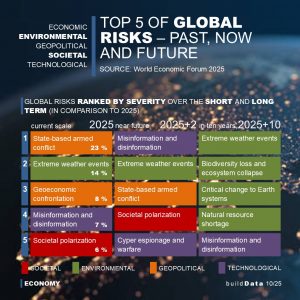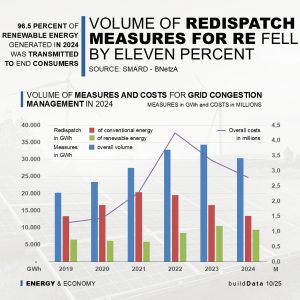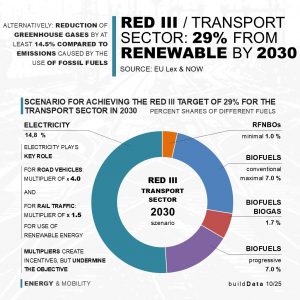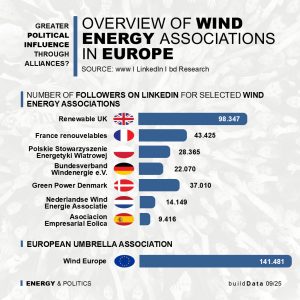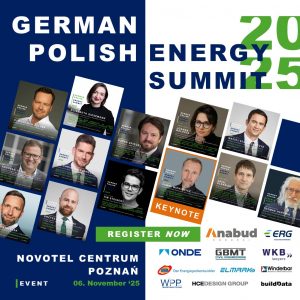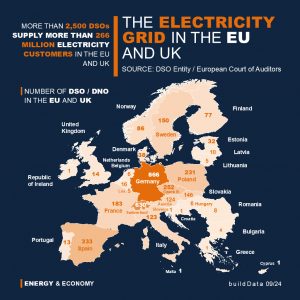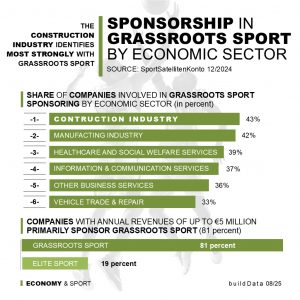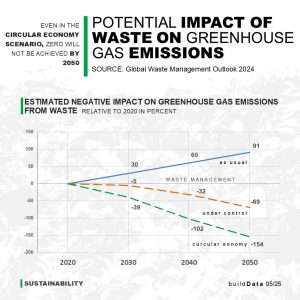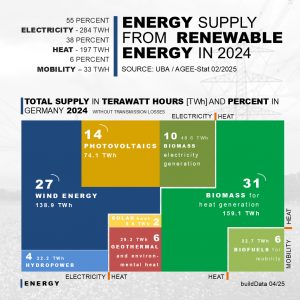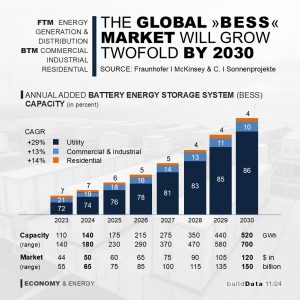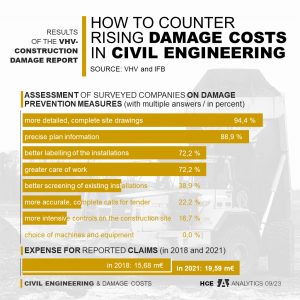
Greater political influence through alliances
Should the associations representing interests in the renewable energy sector continue to pool their resources and activities? Currently, the pendulum of energy policy in Germany and Poland is swinging back towards gas and nuclear energy. When we talk to young people on the streets these days, they are more interested in discussing these topics than solar, wind and battery storage. So what’s going on?
Issues such as grid stability and the volatility of solar and wind energy sources repeatedly put renewable energies under pressure in the debate on the energy transition. Some see the solution in the use of energy storage systems and smart grids, while others favour the construction of gas or nuclear power plants.
The fact is that, whether in Germany or Poland, politicians in both countries are currently only giving renewable energies limited free play and are putting the brakes on them.
There are arguments, for example in Germany, against relying on gas-fired power stations, but instead ...?
The chain of arguments is long and varied. As varied as the generation of electricity from the various renewable energy sources.
But who is presenting the master plan for promoting renewables, which is supported by the European Union's clear climate protection targets?
Anyone who looks around on social media will quickly recognise the wild confusion in the arguments. And the associations? As part of their lobbying work, they are endeavouring to provide technical information and to sort through all the interests and argumentation strategies.
It seems to us that forces need to be joined once again to convince even the last holdouts of the energy transition as we understand it: renewable.
The renewable energy associations now have a clear bargaining chip in their hands: renewable energies are indispensable, and in the long term, they are most cost-effective.
In order to finalise the law on the promotion of renewable energies in Poland and to avoid fossil fuel missteps in the energy transition in Germany, it is probably necessary to join forces, including within the associations.
This should also be possible, as in the countries with the highest rates of renewable energy expansion to date, the associations of the individual sectors have joined together to form umbrella organisations. In Germany, this is the Bundesverband der Erneuerbaren Energien e.V. (BEE), in Denmark the interest group Green Power Denmark and in France the association France Renouvelables.
The latter emerged on 19 September 2023 (exactly two years ago today) from the Association France Energie Eolienne. The statement at the time, ‘L'association France Energie Eolienne devient France Renouvelables’, explains the why and wherefore, which has lost none of its relevance and necessity to this day:
In order to accelerate the energy transition, France Renouvelables ‘is convinced that a systemic vision for the use of renewable energies, storage, flexibility and the economic and regulatory framework is needed today,’ explains the association, which voted ‘92%’ in favour of this change of status on Tuesday (2023). ‘The climatic, social and economic context forces us to look at the system as a whole and in an integrated way, and no longer at each of its components separately,’ explains the association's chairwoman, Anne-Catherine de Tourtier. ‘In order to both solve our energy supply crisis and decarbonise our consumption and protect the purchasing power of the French people, it is obvious that the players involved can no longer work as they have done in the past.’
To avoid any misunderstanding, this is by no means intended to be a swan song for technology-isolated interest groups. Rather, this article is intended to call for the promotion of cross-technology cooperation between associations and to give the umbrella organisations, some of which are still very young, more dominance. The network meeting of networks, which took place for the first time this week at Husum Wind 2025, is a good step towards ‘Working together for the energy transition’.
And we must join and FOLLOW.
- Bundesverband Windenergie e.V.
- Bundesverband Erneuerbare Energien e.V.
- France Renouvelables
- Renewable UK
- Green Power Denmakr
- Nederlandse Wind Energie Associatie
- Polskie Stowarzyszenie Energetyki Wiatrowej
- Asociacion Empresarial Eolica
- Associazione Nazionale Energia del Vento
- Sensk Vindenergi / Swedish Wind Energy Association
- Romanian Wind Energy Assosiation

